Managing customer support requests across various communication channels can be challenging for any customer service team. This is where help desk ticketing systems become invaluable. These tools simplify ticket management, automate repetitive tasks, and enable teams to provide outstanding customer service.
An effective ticketing system is crucial for enhancing service efficiency, managing customer interactions, and achieving your customer service objectives. It’s not merely about addressing support requests; it’s about boosting customer satisfaction and fostering customer loyalty.
This guide showcases the top 12 help desk ticketing systems, suitable for businesses of all sizes. With features such as automation tools, self-service portals, customizable workflows, and reporting capabilities, these systems are designed to improve your service operations and make ticket management easier.
Criteria for Selecting a Help Desk Ticketing System
Choosing the right help desk software goes beyond just finding a tool that fits your budget. It’s essential to ensure the system aligns with the needs of your customer support team while enhancing service efficiency and customer satisfaction. Here are the key factors to consider:
1. Key Features and Functionality
An effective ticketing tool should provide essential features such as ticket management, workflow automation, and customizable workflows. Look for tools that include automation features to handle repetitive tasks like automated ticket routing and responses, which can save time and boost productivity. Systems with integrated asset management tools and self-service options, such as a customer portal, are also beneficial for enhancing the overall support experience.
2. User-Friendly Interface
A straightforward and intuitive user interface allows customer support agents to concentrate on managing customer interactions instead of grappling with the software. This also minimizes the learning curve, enabling your support team to become operational quickly.
3. Scalability and Customization
As your business expands, so will your support requirements. Choose help desk systems that can scale easily and offer customization options, such as configuring service requests and creating tailored workflows. Scalable systems also support enterprise service management, ensuring they can accommodate the needs of larger organizations.
4. Integration and Collaboration Tools
Contemporary help desk ticketing software should seamlessly integrate with your existing tools—like CRM systems, communication platforms, or analytics software. Strong collaboration tools can improve teamwork and enable the right agents to resolve customer tickets more efficiently.
5. Reporting and Analytics
Insights are crucial. Seek systems with reporting capabilities that monitor metrics such as response times, resolution rates, and customer feedback. This information helps refine your processes to consistently deliver outstanding customer service.
6. Pricing and Support Options
While affordability is important, it’s essential to also consider the value you receive. Look for tools that provide flexible pricing options, like monthly plans billed annually, and ensure that the vendor offers robust customer support. This way, your investment in customer service software will be worthwhile over time.
Top 12 Help Desk Ticketing Systems
Choosing the right help desk ticketing system hinges on a clear understanding of your team’s requirements. Below, we’ve compiled a list of the top platforms, beginning with Desku, a comprehensive solution designed for businesses that emphasize outstanding customer service and efficient workflows.
1. Desku
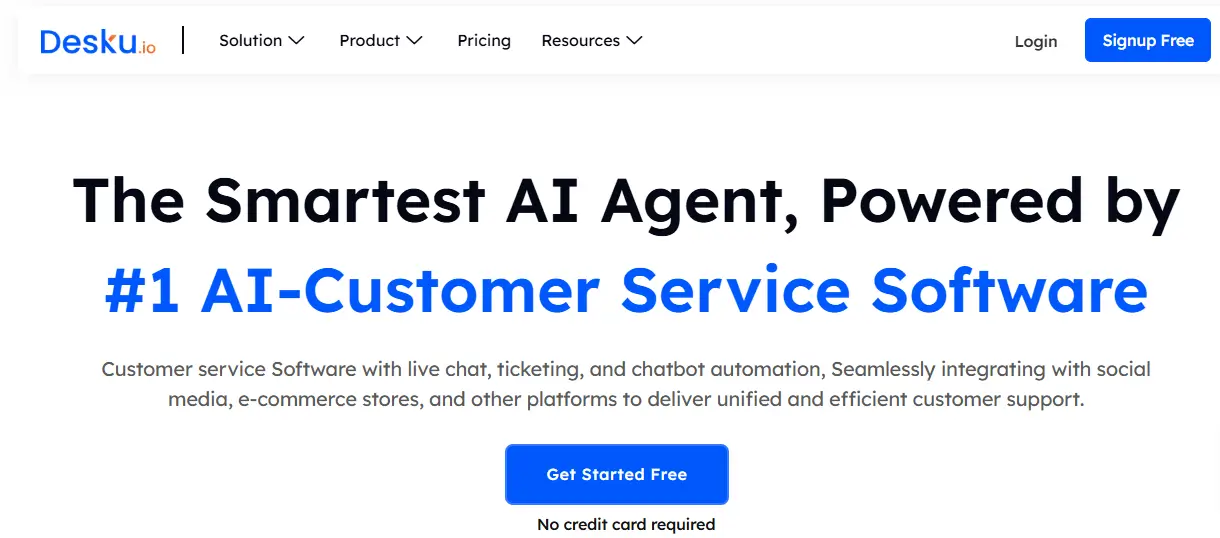
Desku is a comprehensive desk ticketing software aimed at streamlining customer support requests and improving service operations. It’s an excellent choice for small and medium-sized businesses seeking a customizable and budget-friendly service desk solution.
Key Features:
- Automated Ticket Routing: Ensures support tickets are sent to the right agents, helping to minimize response times.
- Workflow Automation: Eases repetitive tasks, allowing your support team to concentrate on meaningful interactions.
- Self-Service Tools: Offers a robust customer portal that enables users to find quick resolutions.
- Multiple Communication Channels: Consolidates inquiries from email, live chat, and social media for improved ticket management.
- Collaboration Tools: Fosters teamwork among customer support agents for smooth issue resolution.
Pros:
- User-friendly interface.
- Highly customizable workflows.
- Affordable pricing with monthly billing options available.
- Extensive reporting features for monitoring performance and gathering customer feedback.
Cons:
- Advanced features like asset management may need additional add-ons.
- Integration options are growing but are not as extensive as those of larger platforms.
Pricing: Starts at $10 per agent per month (billed annually), making it a great fit for SMBs and startups.
Ideal For: Businesses that prioritize customer service, workflow automation, and effective ticketing tools.
2. Zendesk
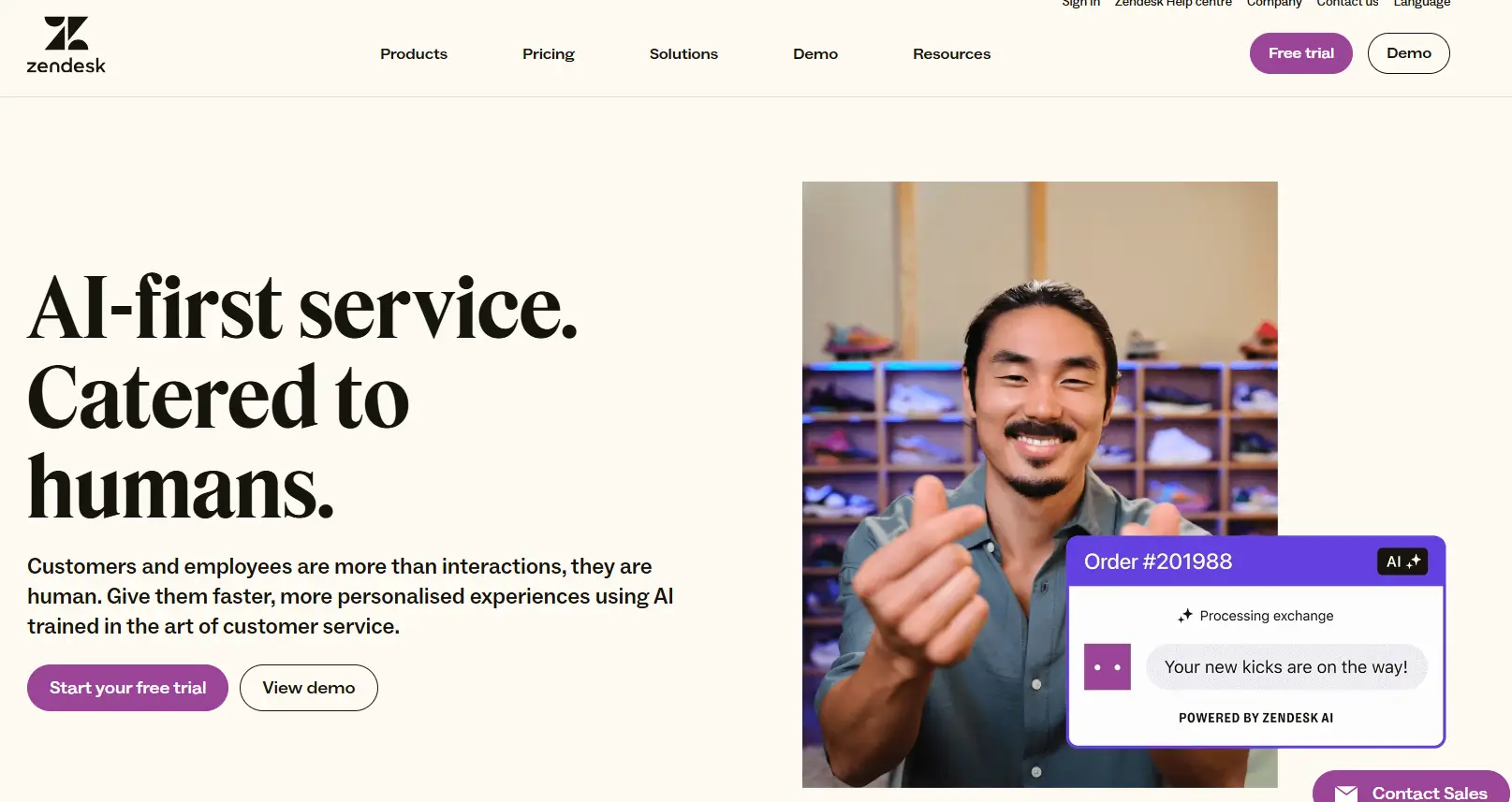
Zendesk is a leading help desk software platform, recognized for its powerful features and ability to scale. It offers a wide range of tools aimed at providing outstanding customer service, suitable for businesses of all sizes, from startups to large enterprises.
Key Features:
- Multiple Communication Channels: Gathers customer support requests from email, chat, phone, and social media.
- Automation Tools: Features workflow automation and automated ticket routing to boost efficiency.
- Customizable Workflows: Adaptable to meet specific business requirements.
- Reporting and Analytics: Delivers valuable insights into customer satisfaction and team performance.
- Self-Service Options: Includes a comprehensive customer portal and knowledge base.
Pros:
- Highly scalable for businesses of all sizes.
- Extensive integrations with CRMs and collaboration tools.
- Strong emphasis on analytics and reporting.
Cons:
- Higher costs for advanced features.
- Steeper learning curve for newcomers.
Pricing: Starts at $19 per agent/month (billed annually).
Ideal For: Enterprises and customer service teams that require advanced service management solutions and reporting capabilities.
Also Read : 10 Best Zendesk Alternatives for Customer Service in 2025
3. Freshdesk
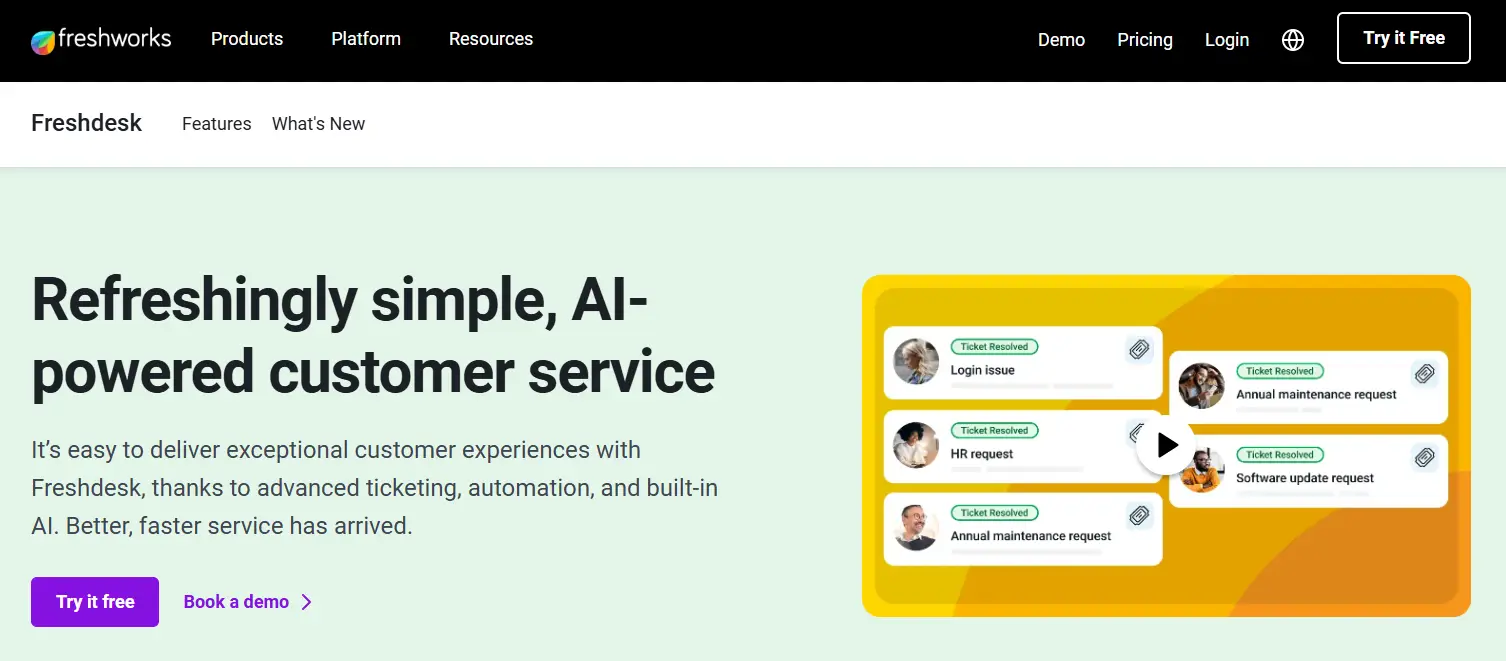
Freshdesk provides an easy-to-use help desk ticketing system that streamlines customer interaction management. Its goal is to boost customer loyalty by improving service efficiency and utilizing automation.
Key Features:
- AI-powered ticketing tool for quicker resolutions.
- Asset Management Tools for effective tracking of hardware and software.
- Omnichannel support to facilitate various communication methods.
- Customizable Workflows for tailored operations.
- Built-in collaboration tools to promote teamwork.
Pros:
- Simple setup with an intuitive interface.
- Budget-friendly for small to medium-sized businesses.
- Offers automation tools for managing routine tasks.
Cons:
- Limited scalability for larger organizations.
Pricing: A free plan is available, with paid plans starting at $15 per agent/month (billed annually).
Ideal For: Small to medium-sized businesses, startups, and customer support teams seeking a straightforward and affordable solution.
Also Read : 11 Best Freshdesk Alternatives & Competitors (2025)
4. ServiceDesk Plus
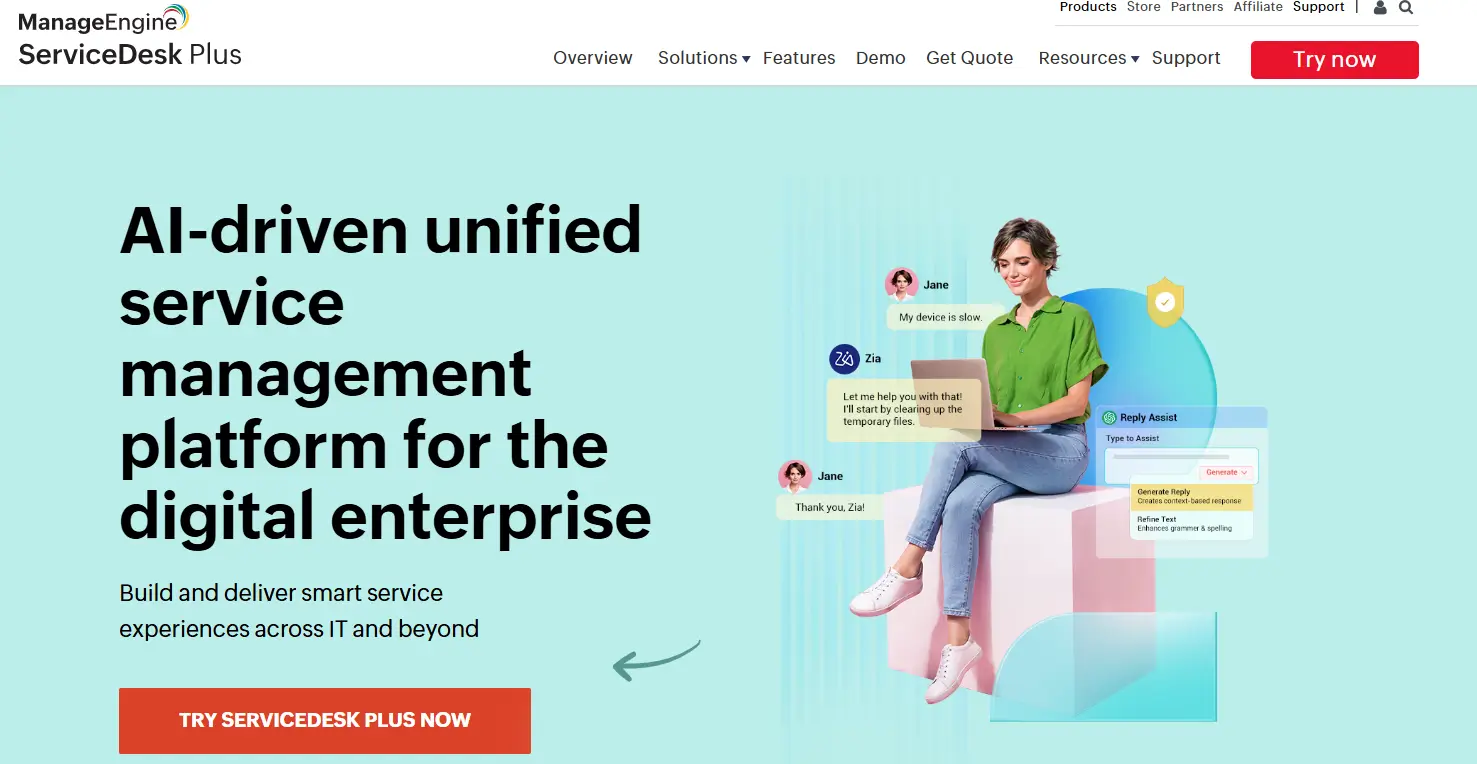
Created by ManageEngine, ServiceDesk Plus is a powerful service desk solution tailored for IT teams and larger enterprises.
Key Features:
- IT-centric ticket management with SLA tracking.
- Advanced asset management and integration with CMDB.
- Self-Service Tools for IT support.
- Strong focus on service quality through customizable SLAs.
- Automation Tools to manage repetitive tasks.
Pros:
- Perfect for IT service teams.
- Scalable to meet enterprise requirements.
- Extensive reporting and SLA tracking capabilities.
Cons:
- Not designed for non-IT teams.
Pricing: Starts at $10 per technician/month (billed annually).
Ideal For: Organizations focused on IT and enterprises that handle customer support tickets.
5. Zoho Desk
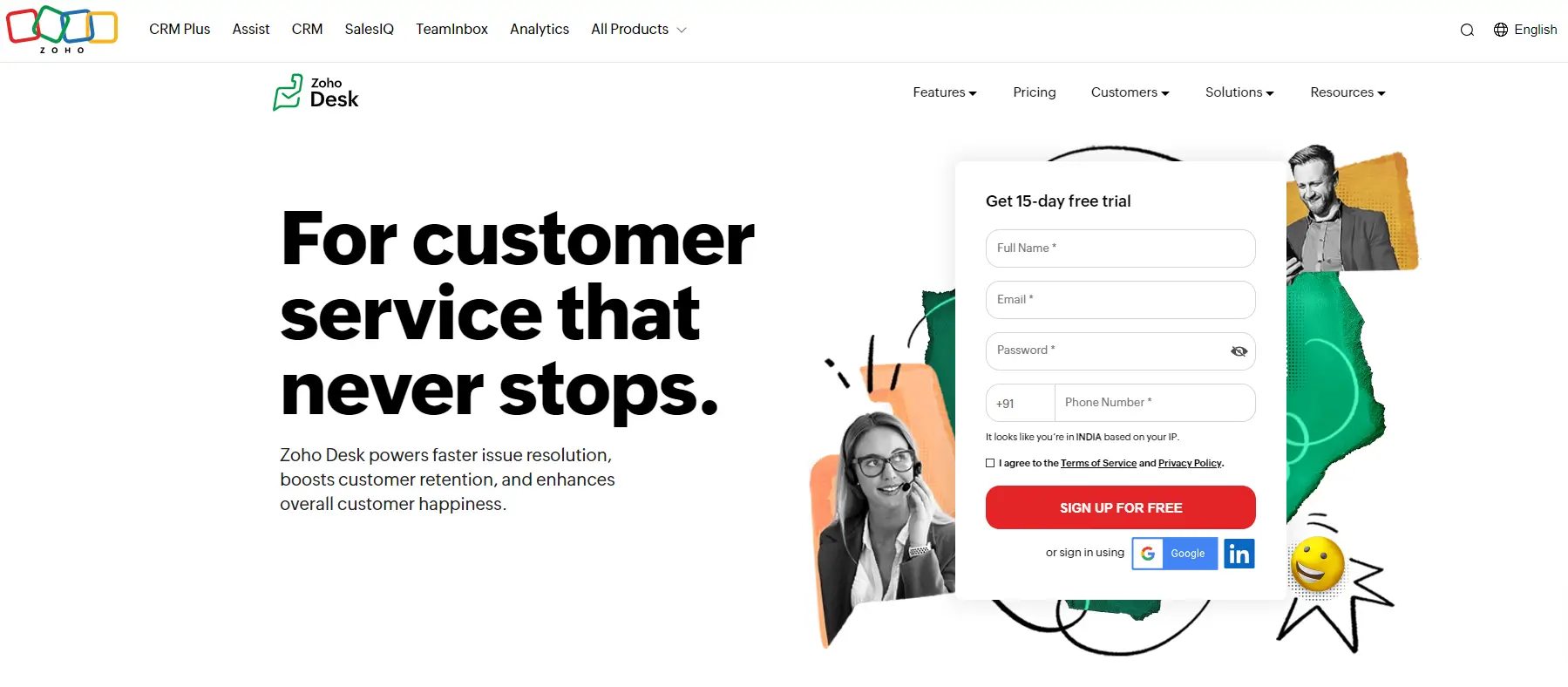
Zoho Desk is an intelligent customer service software that leverages AI to provide outstanding support and enhance operational efficiency.
Key Features:
- AI assistant to handle customer inquiries.
- Integration with the Zoho suite of applications.
- Omnichannel support for customer service representatives.
- Workflow automation to simplify service requests.
- Tools for gathering customer feedback and analytics.
Pros:
- Cost-effective for small businesses.
- Smooth integration with other Zoho applications.
- AI capabilities improve support quality.
Cons:
- Lacks advanced features suitable for larger enterprises.
Pricing: Starts at $14 per agent/month (billed annually).
Ideal For: Small businesses that are part of the Zoho ecosystem.
6. LiveAgent
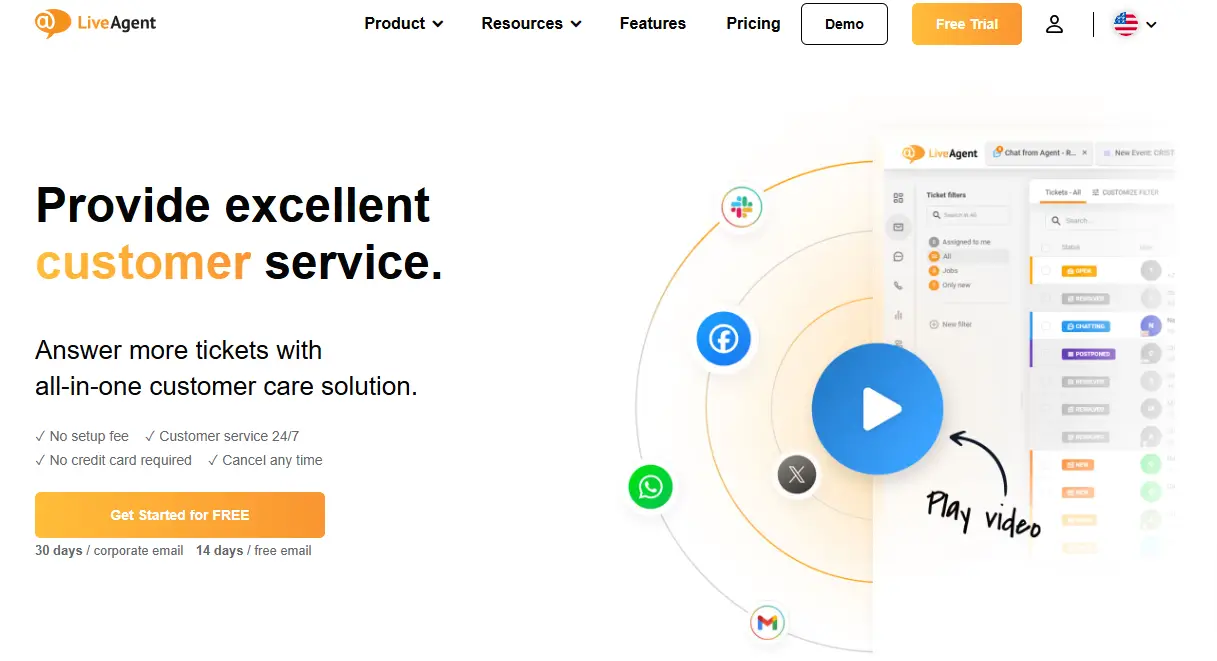
LiveAgent is a comprehensive help desk solution designed for engaging with customers in real-time across various channels.
Key Features:
- Real-time chat with proactive engagement triggers.
- Extensive ticketing system.
- Integration with CRM and e-commerce platforms.
- Reporting tools to monitor team performance.
- Collaboration features for improved team synergy.
Pros:
- Real-time chat functionality is a standout feature.
- Competitive pricing options.
- User-friendly interface.
Cons:
- Reporting features could benefit from more depth.
Pricing: Starts at $15 per agent/month (billed annually).
Ideal For: Teams that prioritize real-time support and swift customer interactions.
7. HappyFox
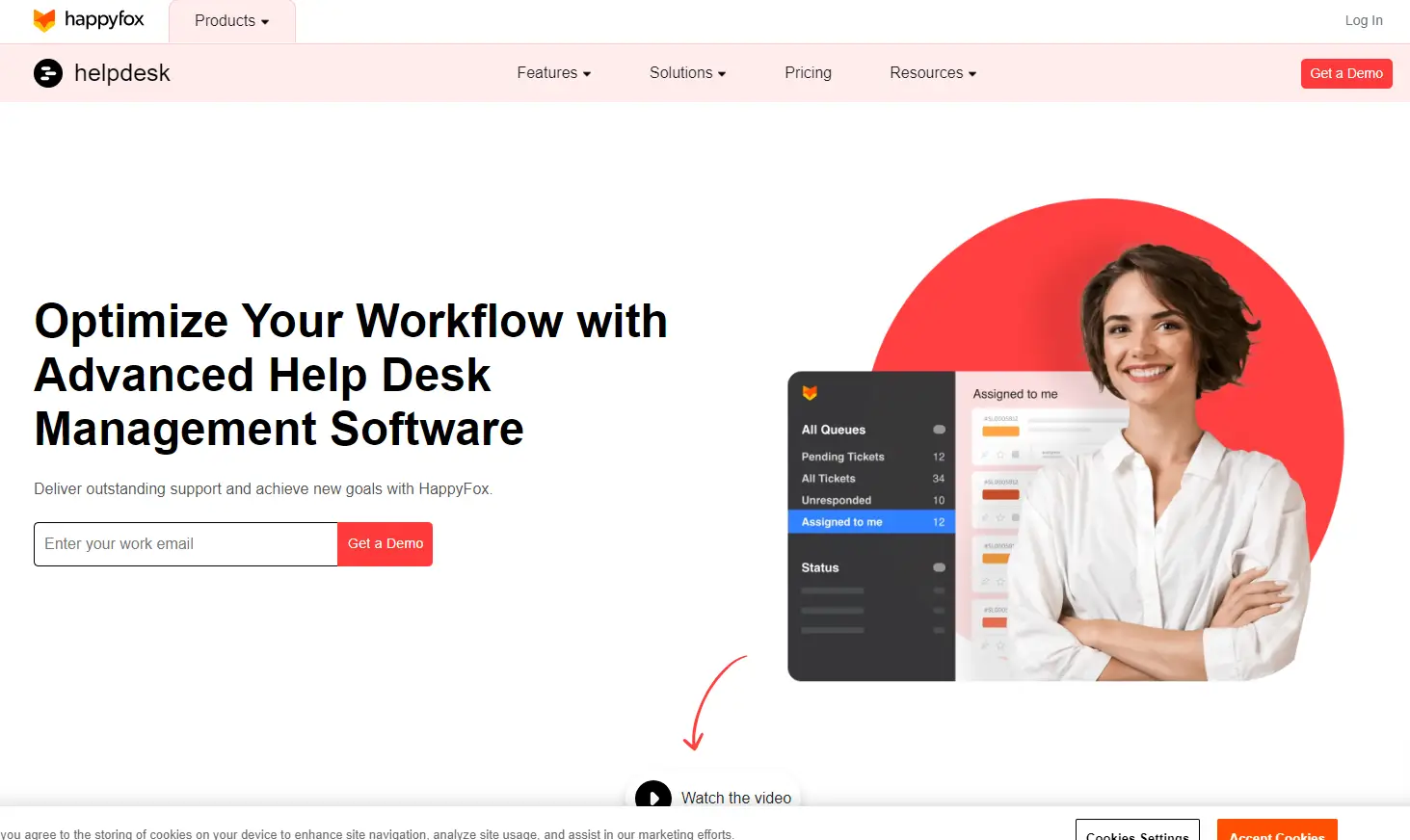
HappyFox offers a user-friendly interface combined with robust features, making it an excellent choice for businesses focused on providing top-notch customer service.
Key Features:
- Customizable workflows for ticketing systems.
- Self-service options such as FAQs and community forums.
- AI-driven automation for efficient routing and responses.
- Multilingual capabilities to support global teams.
Pros:
- Simple to set up and navigate.
- Emphasis on self-service solutions.
Cons:
- Higher pricing may be a concern for smaller teams.
Pricing: Begins at $29 per agent per month (billed annually).
Ideal For: Companies that prioritize self-service functionalities.
Also Read : 13 Top HappyFox Alternatives for Improved Customer Support
8. Jira Service Management

Designed for IT and engineering teams, Jira Service Management specializes in handling service requests, tracking issues, and supporting agile methodologies.
Key Features:
- Strong alignment with ITIL for enterprise service management.
- Tools for asset management and configuration tracking.
- Automation features for SLAs and workflows.
- Seamless integration with Atlassian’s suite of products.
Pros:
- Tailored for IT departments.
- Offers extensive customization and integration options.
Cons:
- Can be challenging for users without an IT background.
Pricing: Starts at $20 per agent per month (billed annually).
Ideal For: IT and technical support teams.
10. Vision Helpdesk
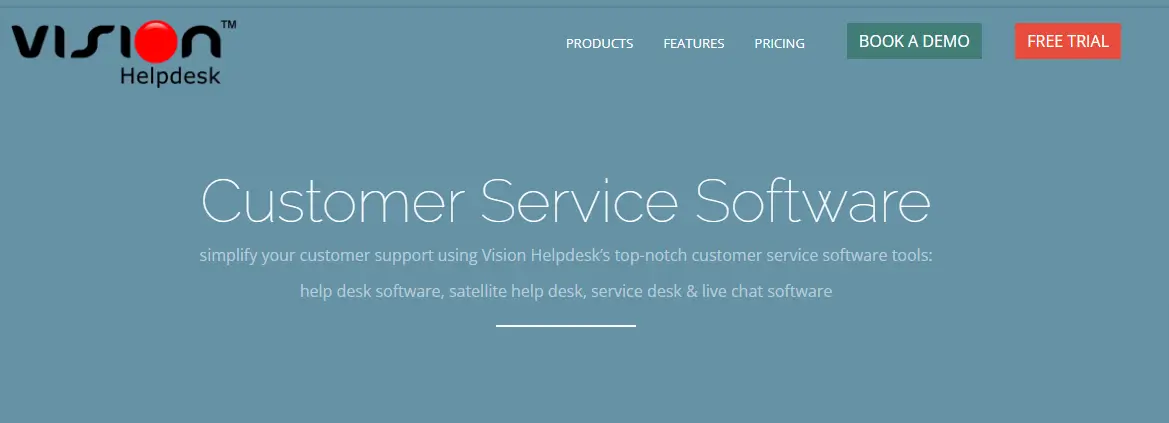
Vision Helpdesk provides a comprehensive platform for managing customer support tickets across various teams.
Key Features:
- Multichannel ticketing software.
- Integrated live chat and email system.
- Collaboration tools for effective teamwork.
- Customizable workflows.
Pros:
- Cost-effective for small businesses.
- User-friendly interface.
Cons:
- Limited scalability for larger organizations.
Pricing: Starts at $12 per agent/month (billed annually).
Ideal For: Small to medium-sized businesses and startups seeking essential functionality at an affordable price.
10. Hiver
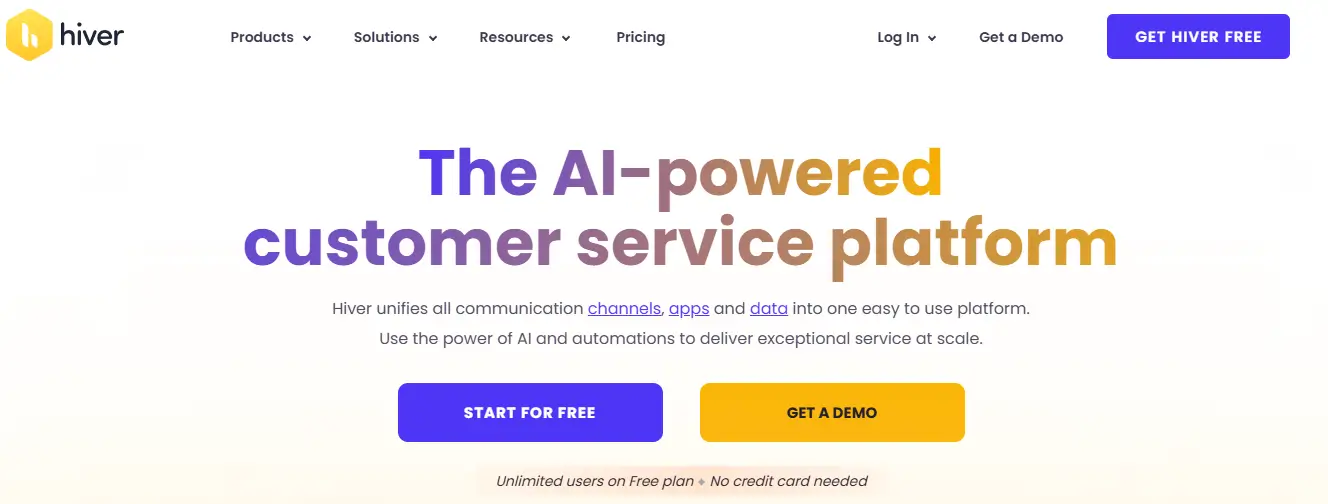
Hiver is an email-based ticketing solution tailored for teams that primarily use Gmail.
Key Features:
- Transforms emails into support tickets.
- Automation tools for assigning tasks.
- Reporting features for monitoring support metrics.
Pros:
- Operates directly within Gmail.
- Budget-friendly for small teams.
Cons:
- Limited capabilities beyond email-based processes.
Pricing: Starts at $12 per agent/month (billed annually).
Ideal For: Teams that are focused on using Gmail.
11. Monday.com
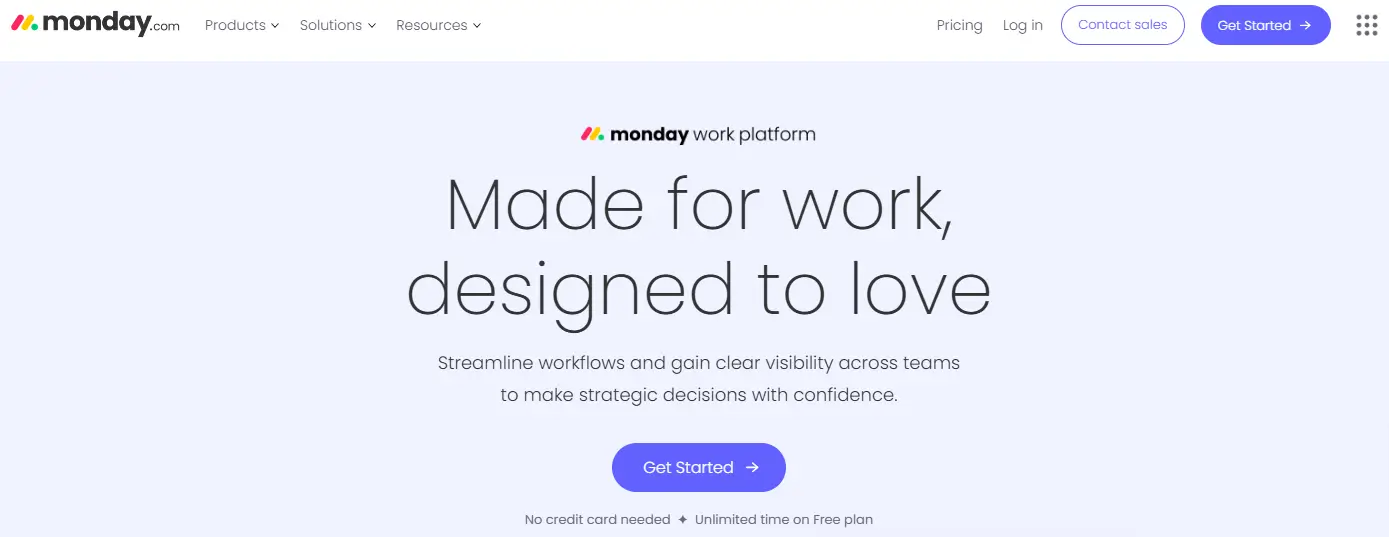
A flexible project management tool that features desk ticketing capabilities, making it ideal for teams aiming to handle customer interactions effectively.
Key Features:
- Customizable workflows.
- Integrates seamlessly with CRM and email systems.
- Comprehensive reporting capabilities.
Pros:
- Versatile and easy to adapt.
Cons:
- Primarily focused on project management.
Pricing: Starts at $10 per agent/month (billed annually).
Ideal For: Teams seeking a combination of project management and support.
12. JitBit
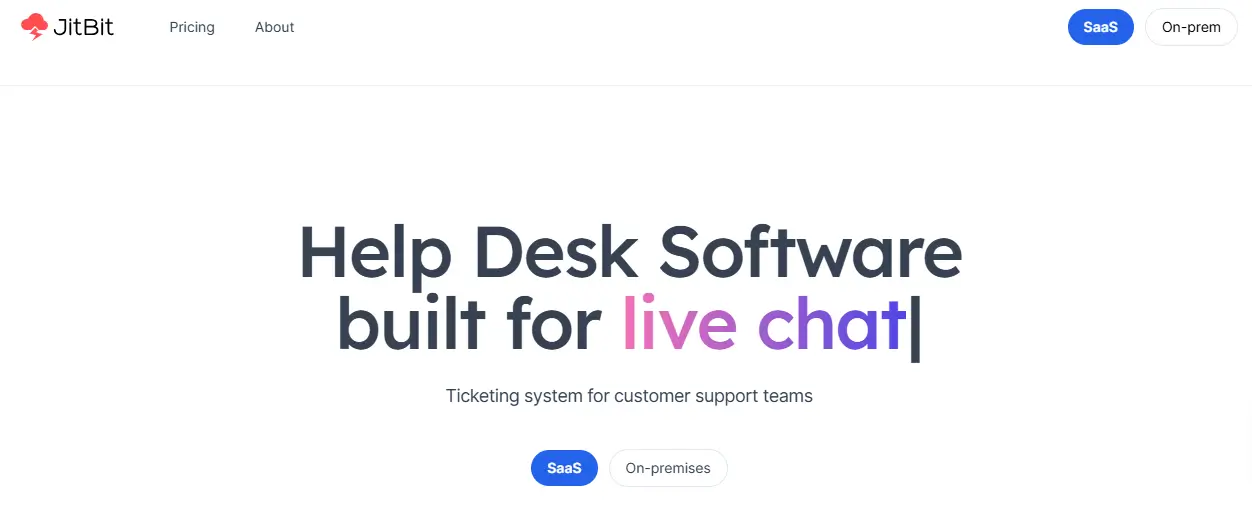
JitBit provides straightforward yet effective ticketing software tailored for smaller teams.
Key Features:
- Customer portal for self-service.
- Automation of routine tasks.
- Integration with cloud applications.
Pros:
- Lightweight and fast.
- User-friendly interface.
Cons:
- Lacks advanced features.
Pricing: Starts at $29 per agent/month (billed annually).
Ideal For: Small teams in search of a simple solution.
Comparison Table: Top 12 Help Desk Ticketing Systems
| Platform | Starting Price (Billed Annually) | Key Features | Ideal For |
|---|---|---|---|
| Desku | $10/agent/month | Automation, self-service tools, collaboration | SMBs, startups prioritizing efficiency |
| Zendesk | $19/agent/month | Omnichannel support, reporting, automation | Enterprises and scalable teams |
| Freshdesk | Free plan; $15/agent/month | AI-powered tools, asset management | SMBs and startups |
| ServiceDesk Plus | $10/technician/month | IT service management, SLA tracking | IT-focused enterprises |
| Zoho Desk | $14/agent/month | AI-driven assistant, integrations | Small businesses using Zoho ecosystem |
| LiveAgent | $15/agent/month | Real-time chat, multichannel ticketing | Real-time support teams |
| HappyFox | $29/agent/month | Self-service tools, multilingual support | Businesses prioritizing self-service |
| Jira Service Mgmt | $20/agent/month | ITIL alignment, asset tracking | IT and engineering teams |
| Vision Helpdesk | $12/agent/month | Multichannel ticketing, collaboration | SMBs and startups |
| Hiver | $12/agent/month | Email-based ticketing, automation | Gmail-centric teams |
| Monday.com | $10/agent/month | Custom workflows, reporting | Teams wanting hybrid project + support tools |
| JitBit | $29/agent/month | Lightweight portal, automation | Small teams needing simplicity |
How to Choose the Right System for Your Business
Choosing the right help desk ticketing system requires a clear understanding of your business needs and how these tools can support your customer service objectives. Here’s a step-by-step guide to assist you in making the best decision:
1. Assess Your Business Needs
Start by pinpointing the challenges your customer support team encounters. Are you having difficulty managing customer inquiries from various communication channels? Do you require automation to handle repetitive tasks, or is advanced ticket management and reporting your main focus?
2. Evaluate Features and Scalability
Seek out platforms that offer the essential features you need. Whether it’s automated ticket routing, customizable workflows, or self-service options, make sure the system can accommodate both your current and future needs. Scalable solutions are crucial for businesses anticipating growth, as they can manage increasing volumes of customer support tickets and service requests.
3. Test User Experience
A user-friendly interface is vital for both customer support agents and customers. Take advantage of free trials or demos to evaluate how intuitive and easy the system is to navigate. Platforms like Desku and Freshdesk are recognized for their user-friendly designs.
4. Consider Pricing Plans
Your budget is an important factor. Look for pricing plans that align with your financial objectives, whether you prefer a low-cost entry option or a comprehensive enterprise service management package. Be on the lookout for flexible billing options, such as monthly billing with annual payment, which often include discounts.
5. Check Integration and Compatibility
Make sure the system can integrate with your existing tools, such as CRMs, email platforms, and asset management systems. Smooth integration minimizes disruptions in your service operations and enhances service quality.
6. Prioritize Vendor Support
Reliable vendor support is essential. Seek out vendors that offer dependable customer service, training, and onboarding to help your team fully leverage the software’s capabilities.
7. Focus on Data and Insights
Having robust reporting capabilities is vital for monitoring customer feedback, response times, and team performance. The insights gained from these reports can drive continuous improvements in service efficiency and help you provide outstanding customer service.
Conclusion
Choosing the right help desk ticketing system is essential for effectively managing customer interactions, enhancing service efficiency, and ensuring top-notch customer service. Solutions like Desku, Zendesk, and Freshdesk come with powerful features, while options such as Jira Service Management and ServiceDesk Plus are tailored for IT-specific requirements.
Ultimately, your decision should reflect your specific needs, whether that involves automation, self-service tools, scalability, or reporting features. Make sure to take advantage of free trials and demos, and confirm that the system you select aligns with your customer service objectives and supports your team’s mission to deliver exceptional service.
FAQ Section
1. What is a help desk ticketing system?
A help desk ticketing system is a software application designed to organize and manage customer support requests. It assists support agents in addressing customer inquiries, streamlining workflows, and ensuring prompt resolutions through various communication channels such as email, chat, and phone.
2. What are the must-have features in a help desk ticketing system?
Key features include:
Automation tools to manage repetitive tasks.
Customizable workflows to adapt processes.
Integration capabilities with other tools like CRMs.
Self-service options, including a customer portal.
Comprehensive reporting features to monitor performance.
3. How does a help desk ticketing system improve customer satisfaction?
These systems enhance customer satisfaction by streamlining ticket management, which leads to quicker responses and resolutions. By automating tasks and offering self-service options, they improve the overall support experience, resulting in higher customer satisfaction and loyalty.
4. Are help desk ticketing systems scalable for growing businesses?
Yes, many platforms such as Desku, Zendesk, and Zoho Desk provide scalable solutions. They can expand alongside your business, accommodating more agents, various communication channels, and increased volumes of customer support tickets.
- About the Author
- Latest Posts
Gaurav Nagani was the Founder of Desku, an AI-powered customer service software platform.
- Email Management: Best Strategies, Tools & Tips for SaaS and Ecommerce
- Shared Inbox Guide: Definition, Benefits, Tools & Best Practices 2025
- LivePerson Pricing Exposed: What They Don’t Show You on Their Website
- Automate Customer Support with AI A Practical Guide
- Desku vs UsePylon: Which One Scales Better for Startups?


